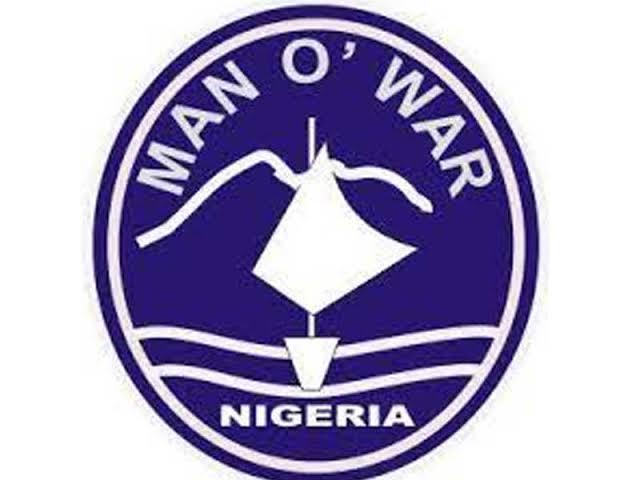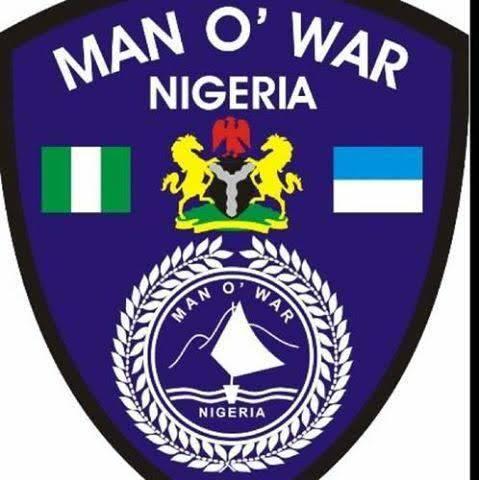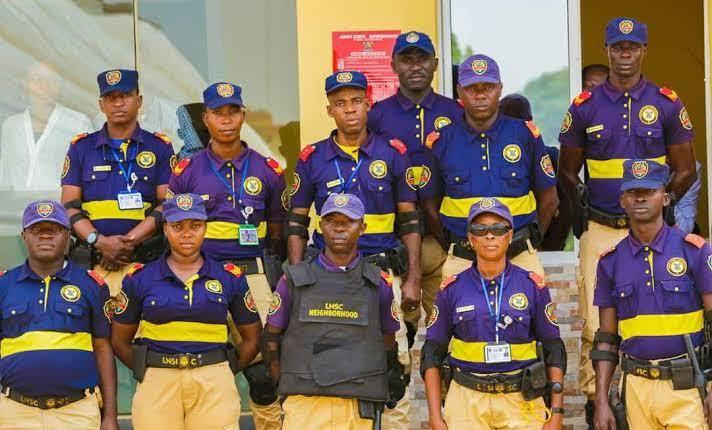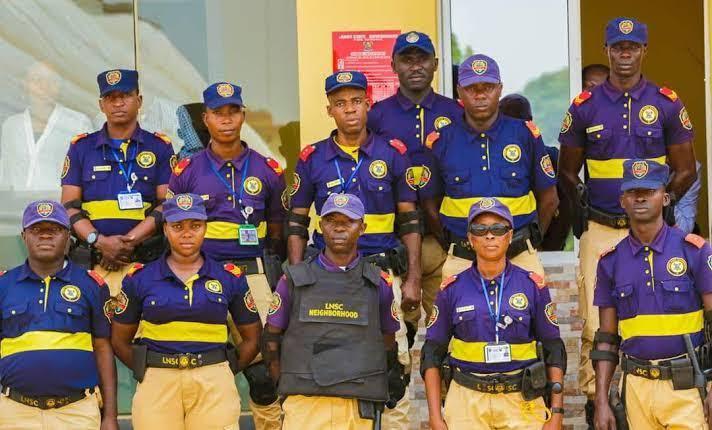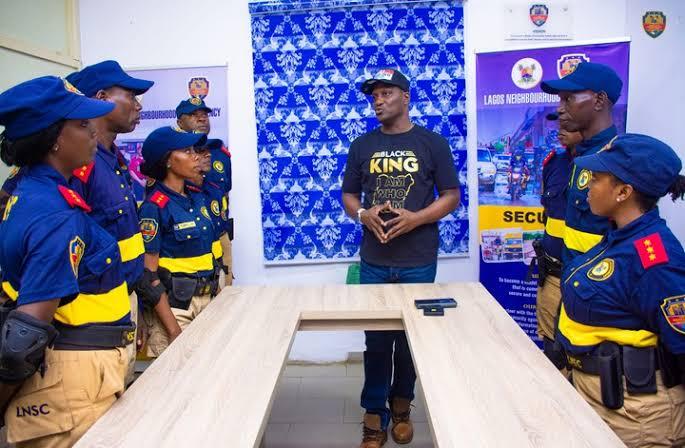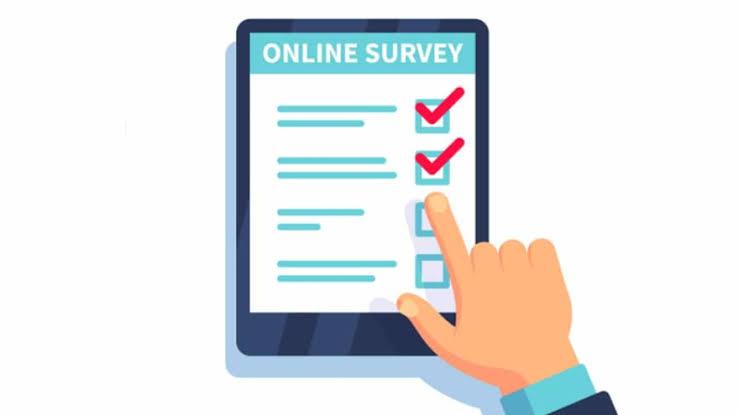Explore Our Bill Payment Services:
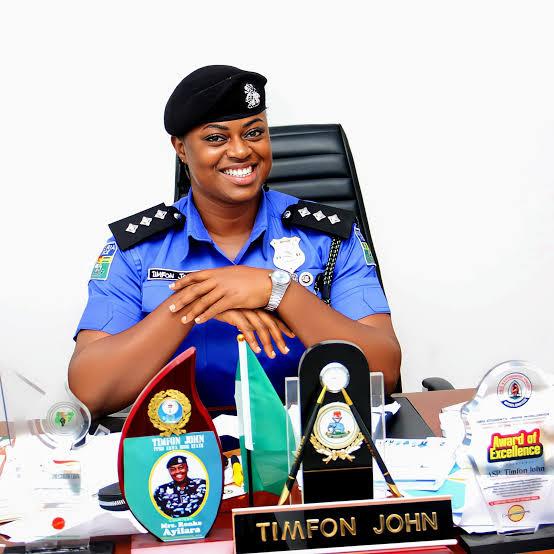
- Military And Defence
- Para-Military Guide
- Nigeria
Functions Of The Nigerian Police Force (Npf): Their Official Roles & Responsibilities
The Nigerian Police Force (NPF) is one of the most important security agencies in the country. With the motto “Police is Your Friend,” the NPF works daily to protect lives, enforce laws, and maintain peace across Nigeria’s 36 states and the FCT.
Whether you’re planning to join the police or you’re just a curious citizen, it’s important to understand the official duties and responsibilities of the NPF.
What Is the Nigerian Police Force?
The Nigerian Police Force is a federal law enforcement agency under the control of the Federal Government of Nigeria, supervised by the Ministry of Police Affairs and led by the Inspector General of Police (IGP).
It is the largest and most visible security agency in the country, with divisions in every local government.
Core Functions of the Nigerian Police Force
Here are the official roles and responsibilities of the NPF:
1. Protection of Lives and Property
The NPF is responsible for protecting all Nigerian citizens and their property. This includes:
-
Preventing harm, violence, or attacks
-
Responding to emergency situations
-
Guarding public places, banks, and institutions
2. Prevention and Detection of Crime
One of the major duties of the police is to stop crimes before they happen and investigate crimes after they occur.
-
Patrolling communities to stop crime
-
Setting up checkpoints and raids
-
Detecting criminal activities through intelligence
3. Apprehension and Arrest of Offenders
The police have the legal right to:
-
Arrest anyone suspected of breaking the law
-
Interrogate suspects
-
Take them into custody for proper investigation
Arrests must be carried out lawfully and with respect for human rights.
4. Enforcement of Laws and Regulations
The NPF ensures that all federal, state, and local laws are obeyed.
-
Enforcing traffic laws and public order laws
-
Monitoring elections to avoid violence
-
Supporting other agencies with enforcement tasks
5. Maintaining Public Peace and Order
The NPF plays a key role in preventing chaos during:
-
Protests and rallies
-
Religious and political events
-
Disasters, accidents, or emergencies
They are trained in crowd control, conflict resolution, and riot prevention.
6. Investigation of Crimes
When crimes happen, it is the duty of the police to:
-
Visit crime scenes
-
Collect evidence
-
Question witnesses and suspects
-
Work with forensic experts
-
Build a case for court prosecution
7. Prosecution of Offenders
The police can act as prosecutors in magistrate courts, especially for minor offences.
-
Preparing case files
-
Appearing in court as investigators
-
Ensuring the law takes its full course
8. Traffic Control and Road Safety Support
The Police also help in controlling traffic and preventing road accidents by:
-
Managing roadblocks and checkpoints
-
Enforcing road use laws
-
Arresting reckless or drunk drivers
While FRSC focuses on road safety, the police still assist in traffic enforcement.
9. Protection of VIPs and Government Properties
The NPF provides escort and security services for:
-
Governors, ministers, and lawmakers
-
Courtrooms, airports, and banks
-
Foreign diplomats and major events
10. Intelligence Gathering and Surveillance
The police have intelligence units that collect information on criminal gangs, cults, terrorists, kidnappers, etc.
-
Monitoring crime trends
-
Preventing security threats
-
Sharing intel with other security agencies
Special Departments in the NPF
To handle these duties effectively, the NPF has many specialized units:
| Department | Role |
|---|---|
| Criminal Investigation Department (CID) | Investigates major crimes like murder, robbery, fraud |
| Anti-Cultism Unit | Fights cult-related activities in schools & streets |
| Anti-Kidnapping Squad | Tracks and arrests kidnappers |
| Traffic Division | Controls and enforces traffic rules |
| Special Anti-Robbery Squad (SARS)* | Handles armed robbery cases (*now reformed) |
| Mobile Police (MOPOL) | Handles riot control, protests, and high-risk security |
| Force Intelligence Bureau (FIB) | Gathers and analyzes crime intelligence |
Summary Table: NPF Functions in 2025
| Function | Description |
|---|---|
| Protection of lives & property | Securing people and their assets |
| Crime prevention & investigation | Detecting and stopping crimes |
| Arrest and prosecution | Catching and prosecuting criminals |
| Public peace maintenance | Managing protests, rallies, and emergencies |
| Law enforcement | Making sure laws are obeyed |
| Traffic and road control | Managing road safety and driver conduct |
| VIP & facility protection | Escorting high-profile individuals and locations |
| Intelligence and surveillance | Gathering useful crime and security data |
Frequently Asked Questions (FAQs)
1. Is the Nigerian Police Force the same as civil defence?
No. NPF handles law enforcement, arrests, and criminal investigations. Civil Defence (NSCDC) mainly protects government facilities and supports emergencies.
2. Can the police arrest without a warrant?
Yes — but only if the suspect is caught in the act, or if there is reasonable suspicion of a serious crime.
3. What is the highest function of the police?
The top duty is to protect lives and property, followed closely by enforcing laws and preventing crime.
4. What is the work of CID in the police?
CID (Criminal Investigation Department) investigates serious crimes like murder, fraud, kidnapping, armed robbery, and builds cases for court.
5. Can the police be sued?
Yes. If a police officer abuses power, uses excessive force, or violates your rights, you can file a complaint or sue.
Conclusion
The Nigerian Police Force has a huge responsibility in keeping Nigeria safe. From catching criminals to controlling protests, the police play a key role in everyday life.
Their official roles include:
-
Protecting lives and property
-
Enforcing the law
-
Preventing and investigating crime
-
Controlling traffic and maintaining peace
Whether you're a citizen or planning to join the NPF, knowing their functions helps you understand how they serve the nation and what you can expect from them.
